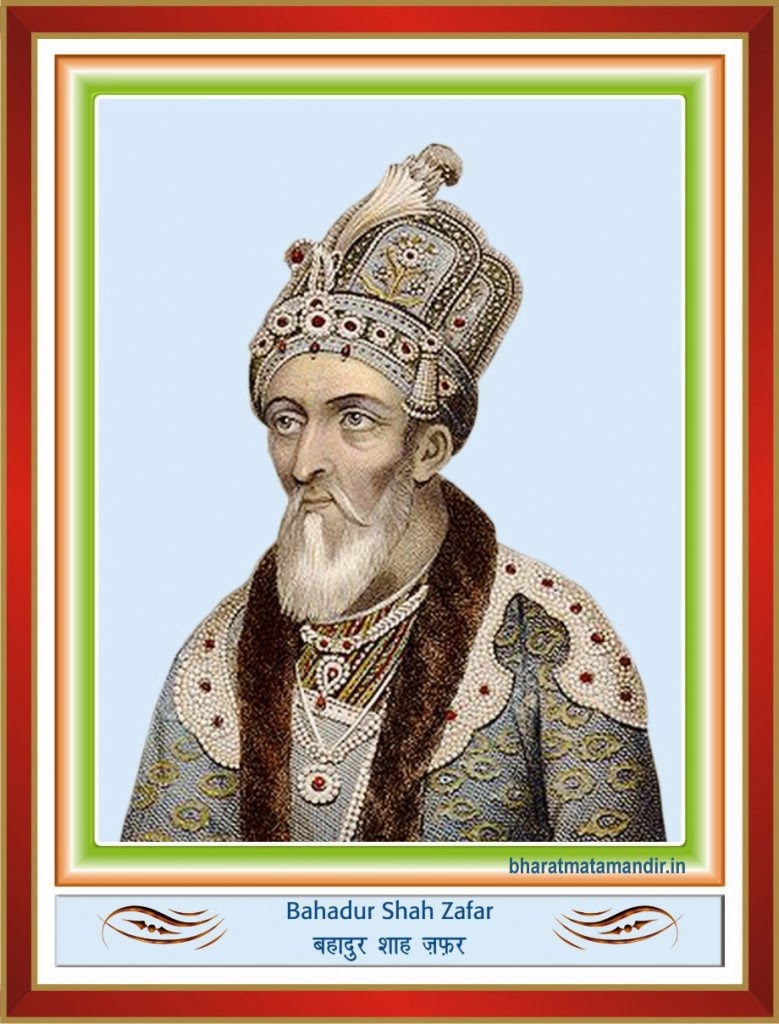बात करनी मुझे मुश्किल कभी ऐसी तो न थी
जैसी अब है तेरी महफ़िल कभी ऐसी तो न थी
It was never so difficult for me to converse as it is now
Your party never was like this as it is now
गोष्टी बोलण एवढे अवघड कधीच झाले नव्हते
तुझी मैफिल अशी कधीच झाली नव्हती !
ले गया छीन के कौन आज तेरा सब्र-ओ-करार
बेक़रारी तुझे ए दिल कभी ऐसी तो न थी
Who has usurped you patience and peace
You never were as restless as you are now
तुझी शांतता हिसकावून घेवून कोण बरे निघून गेला ?
तुझ्या ह्रिदयात अशी अस्वस्थता कधीच नव्हती !
चश्म-ए-क़ातिल मेरी दुश्मन थी हमेशा लेकिन
जैसे अब हो गई क़ातिल कभी ऐसी तो न थी
Those killer eyes were always my enemy,
but never were as fatal as it is now
ते भेदक डोळे नेहमीच माझे शत्रू होते
आता जे खुनशी झाले आहेत तेवढे कधीच नव्हते !
उनकी आँखों ने खुदा जाने किया क्या जादू
के तबीयत मेरी माइल कभी ऐसी तो न थी
Her eyes, my lord, cast what a spell on me
I never was as intoxicated as I am now
तिच्या डोळ्यांनी देवशपथ काय केली जादू?
माझ्या मनस्थितीवर एवढा परिणाम कधीच झाला नव्हता!
अक्स-ए-रुख-ए-यार ने किस से है तुझे चमकाया
ताब तुझ में माह-ए-कामिल कभी ऐसी तो न थी
What has made the face of beloved bright?
Shine in you, O Moon, never was as it is now
कोणी बरे स्वताच्या चेहऱ्यावरील प्रीतीच्या प्रतीबिबाने तुला चमकवले?
पौर्णिमेच्या चंद्राप्रमाणे तेज तुझ्यात कधीच पूर्वी कधी दिसत नव्हते!
क्या सबब तू जो बिगड़ता है ज़फर से हर बार
खू तेरी हूर-ए-शमाइल कभी ऐसी तो न थी
What is the reason that you are annoyed with ‘Zafar’,
Your habit, O blazing fairy, never was like as it is now
काय कारण आहे तू जफरवर प्रत्येकवेळी रागावलेली असतेस ?
तुझी सवय , हे सौन्दर्यवती , अशी कधीच नव्हती!
बहादुर शहा जफर
Bahadur
Shah Zafar presided over a Mughal empire that barely extended beyond Delhi's
Red Fort. The East India Company was the dominant political and military power
in mid-nineteenth century India. Outside , hundreds of kingdoms and
principalities, from the large to the small, fragmented the land. The emperor
in Delhi was paid some respect by the Company and allowed a pension, the
authority to collect some taxes, and to maintain a small military force in
Delhi, but he posed no threat to any power in India. The court that he
maintained was home to several Urdu writers of high standing, including Mirza
Ghalib, Dagh, Mumin, and Zauq.

No comments:
Post a Comment